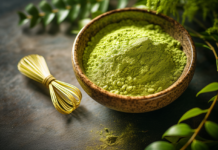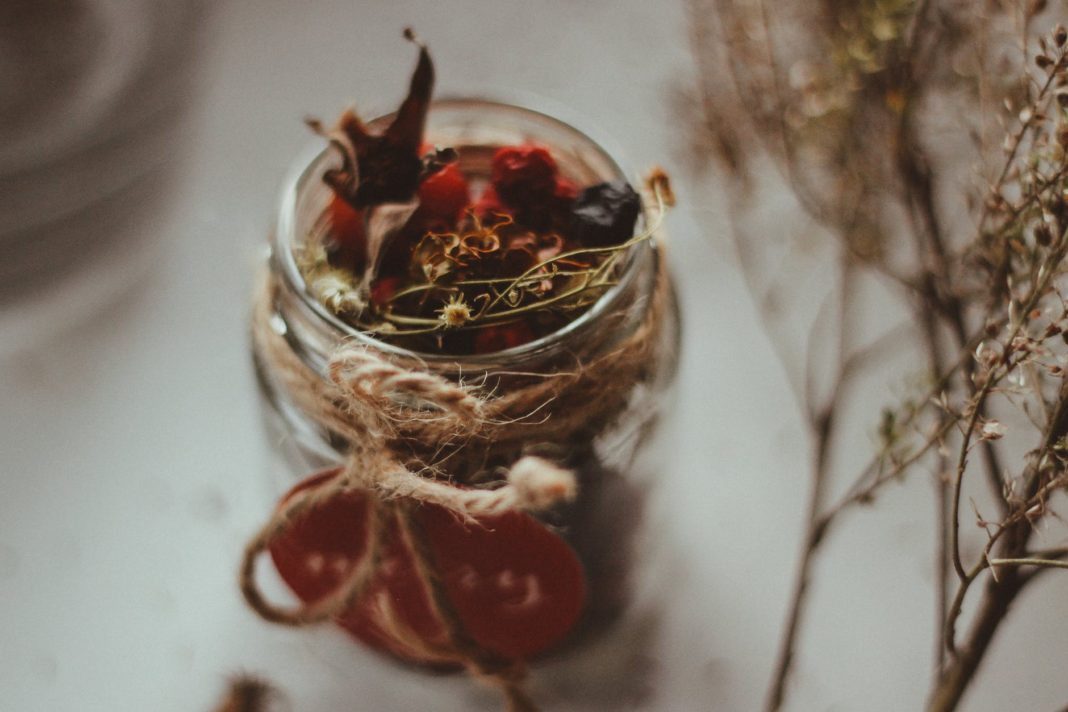Ayurveda is an ancient Indian medical practise that focuses on assisting individuals in improving their entire well-being by balancing the mind, body, and spirit. Instead of treating ailments, Ayurvedic practitioners use a comprehensive approach that includes a balanced diet, regular exercise, and positive lifestyle modifications to prevent health issues from arising in the first place.
Ayurvedic herbs and spices are also utilised to improve a person’s health since they provide a variety of digestive and mental health advantages. These herbs and spices have scientifically proven advantages.
Ashwagandha
Ashwagandha (Withania somnifera), a tiny woody shrub native to India and North Africa, is used to make a popular Ayurvedic medicine from its roots and berries. Ashwagandha, as an adaptogen, can help your body manage stress more efficiently. According to research, ashwagandha can lower levels of the stress hormone cortisol. Ashwagandha has also been related to decreased levels of anxiety and higher sleep quality in people suffering from stress and anxiety disorders.(Related: Research suggests that medicinal herbs green chiretta and ashwagandha are good sources of phytochemicals.)
Bitter Melon
The bitter melon (Momordica charantia) is a tropical plant related to cucumber, pumpkin, squash, and zucchini. This superfood is widely utilised in Asian cuisine and is high in antioxidants and minerals. According to research, bitter melon can help reduce blood sugar levels and stimulate insulin production, the hormone that regulates blood sugar levels. However, if you take insulin to regulate your blood sugar levels, consult your doctor before include bitter melon in your diet to avoid dangerously low blood sugar levels.
Boswellia
The resin of the Boswellia serrata tree is used to make Boswellia, commonly known as Indian frankincense or olibanum. Boswellia has a distinctive spicy, woody fragrance. According to research, Boswellia can help decrease inflammation by inhibiting the release of leukotrienes, which are inflammatory chemicals.
Human research also suggests that boswellia can provide pain alleviation, better mobility, and a broader range of motion to individuals suffering from osteoarthritis and rheumatoid arthritis. Boswellia can also aid in the prevention of mouth infections and gingivitis.
Brahmi
Brahmi (Bacopa monnieri) has been associated in studies to gains in attention, information processing, learning rates, and memory. The herb also aids in the reduction of symptoms associated with attention deficit hyperactivity disorder (ADHD), including as inattention, impulsivity, poor self-control, and restlessness.
Cardamom
Cardamom (Elettaria cardamomum), sometimes known as the “queen of spices,” is another Ayurvedic medicine mainstay.
Cardamom powder has been shown in studies to help lower blood pressure in hypertensive individuals. Inhaling cardamom essential oil may also aid in the absorption of oxygen into the lungs during exertion, according to research.
Cumin
Cumin is a spice derived from the seeds of the Cuminum cyminum plant, which is known for its earthy, nutty, and spicy flavour.
Cumin has been shown in studies to increase the activity of digestive enzymes. The spice can also aid in the release of bile from the liver, promoting quicker digestion and easing fat digestion. Cumin may also help with symptoms of irritable bowel syndrome (IBS), such as stomach discomfort and bloating, according to research.
Cumin comes in both whole seeds and crushed powder form. Whole cumin is frequently used in Indian cooking. Cumin can be used to flavour broths or to produce curry powder. Cumin may also be used to produce meat rubs and marinades.
Gotu Kola
The herb of longevity, gotu kola (Centella asiatica), is manufactured from a tasteless, odourless plant with fan-shaped green leaves. One study found that substituting pharmaceuticals with gotu kola for 60 days reduced tension, anxiety, and sadness in patients with generalised anxiety disorder (GAD).
Licorice Root
Another Ayurvedic medicinal mainstay is licorice root (Glycyrrhiza glabra). Human research indicates that licorice root can help decrease inflammation and defend against viruses and germs.
Triphala (contains amla, bibhitaki and haritaki)
Triphala is an Ayurvedic remedy that consists of three tiny medicinal fruits:
- Amla (Emblica officinalis) or Indian gooseberry
- Bibhitaki (Terminalia bellirica)
- Haritaki (Terminalia chebula)
Triphala may help reduce arthritic inflammation, according to data from test tubes and animal trials. The treatment also helps to prevent or slow the spread of some forms of cancer.
Turmeric
Turmeric, the spice that gives curry its vibrant yellow colour, has an active component known as curcumin. Curcumin contains anti-inflammatory and antioxidant effects. Curcumin is as effective as certain anti-inflammatory medications in test tubes, according to research. However, unlike other medicines, curcumin has no negative side effects.
If you’re not used to taking any of the Ayurvedic herbs and spices listed above, check with your doctor to rule out any medication or allergy interactions. Once you’ve determined that you can safely integrate them into your diet, experiment with cooking with these items to enhance the flavor of your meals and get the advantages of their numerous health benefits. Combine them with a balanced diet and daily exercise for the greatest results.

























